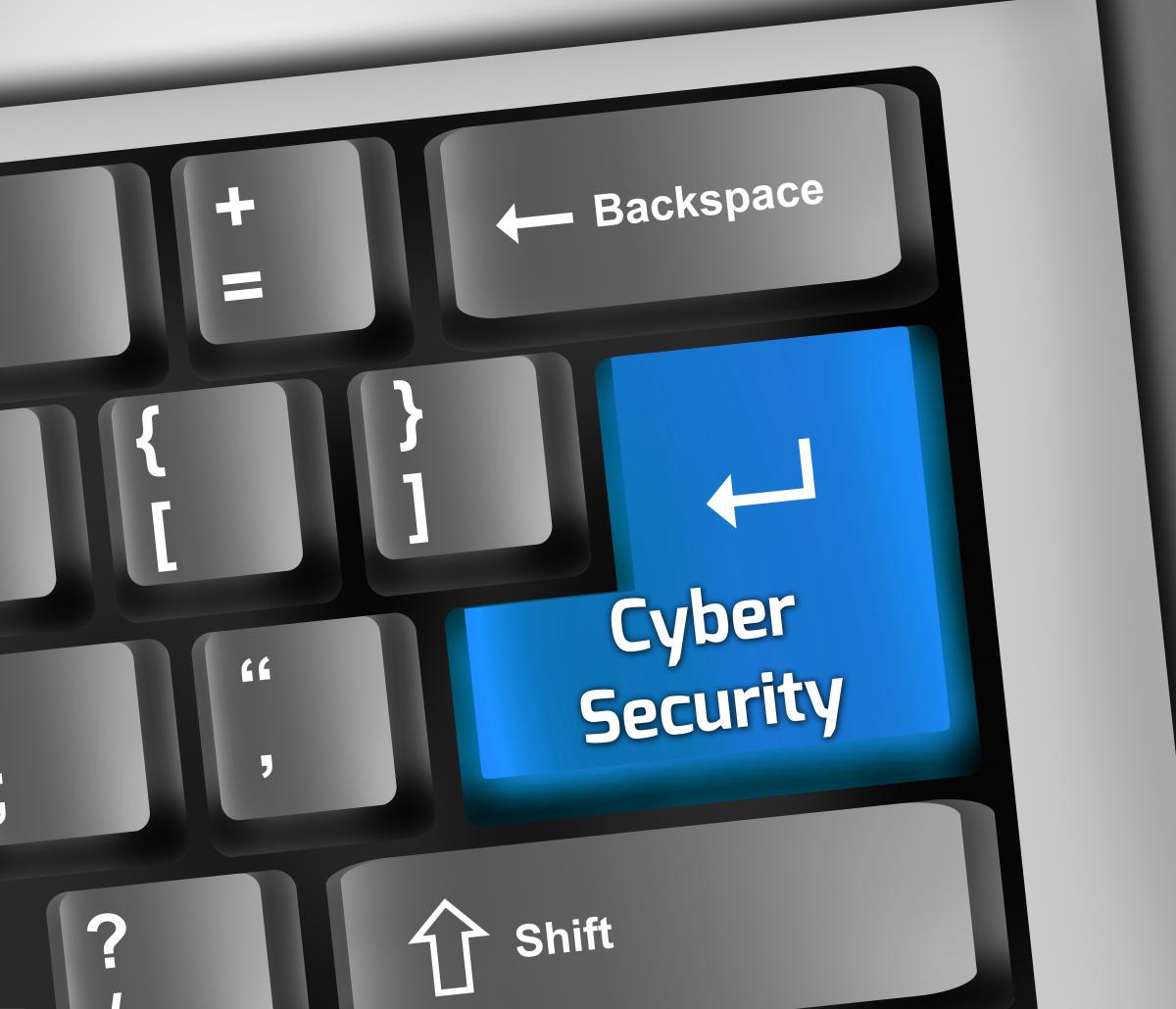Fifteen years of cybersecurity at Capitol: groundbreaking cyber program marks anniversary
October 18, 2016The cybersecurity program at Capitol Technology University is one of the nation’s first – and this month it’s celebrating its fifteenth anniversary.
In 1999, in response to growing student interest, the university began developing a master’s degree program in a field then referred to as “network security.” The new program was unveiled in 2001, following approval by the university’s accreditors.
At the time, cybersecurity was available at most colleges and universities only as an elective concentration, typically as part of a business management or computer science department. Capitol was the first school that responded to student demand by offering a degree program.
The college also innovated by offering the program entirely online – at a time when graduate education was still largely reliant on the traditional classroom model. Today, Capitol also offers an online doctorate in cybersecurity as well as a certificate program and an on-campus bachelor’s degree.
 For Dave Ward, one of the original architects of cybersecurity at Capitol, the fifteen-year milestone is “wonderful” and a time to take stock of the rapid changes that continue to shape the field.
For Dave Ward, one of the original architects of cybersecurity at Capitol, the fifteen-year milestone is “wonderful” and a time to take stock of the rapid changes that continue to shape the field.
“When we started the program, we really didn’t know where this was going,” Ward says. “We had a very good idea concerning specific pieces that had to be addressed. But the rationale for putting together an entire degree program was not obvious.”
Ward himself was skeptical. “I saw cybersecurity primarily as a network issue and as an engineering issue. I wasn’t anticipating the kinds of criminal chicanery that we see today – from malware to social engineering.”
At the time, Capitol offered a single course in network security as part of its master’s program in internet architecture. “Students kept telling us they wanted more,” remembers Rob Ashworth, who developed the curriculum of the new degree program together with Ward and another professor, Charles Cayot.
Fast forward to 2016, and not only have cybersecurity threats burgeoned and become more sophisticated, but they also have the potential to impact health, safety and well-being as never before. In today’s “Internet of Things,” everything from the kitchen fridge to the family minivan is a potential attack surface. That translates into a critical need for cybersecurity expertise – and for programs, like Capitol’s, which focus on practical training conducted by professionals who work in the field.
”We’re no longer primarily up against ‘script kiddies” or other amateurs who see hacking mainly as a challenge or sport,” Ward says. “What we have now is organized crime bent on stealing or extorting very large amounts of money, as well as trying to steal intellectual property. We also have government-sponsored attacks conducted in Cold War-style, as a way to damage an adversary without direct military action.”
Meanwhile, Ward notes, the rise of the “Dark Web” has provided a venue for the illicit activities of a wide range of criminals, from drug dealers to human traffickers.
Compared to fifteen years ago, a cybersecurity program is no longer a rarity. Capitol has numerous competitors. But while many take a more academic approach, Capitol’s program remains keenly focused on the practical application of learning.
Professors continue to be recruited from among the best and brightest in the military, government and private arenas, and the curriculum is continually updated to reflect their insights and experience.
“This program was built up over time by subject matter experts,” notes fellow professor Cayot. “One of our real strong points has been that the instructors are extremely knowledgeable about the material and can relate to the students from the workplace, in addition to teaching them the latest published solutions.”
Commemorating the fifteen-year anniversary, the cybersecurity program will be holding a special event on November 14, featuring current faculty members as well as Ward and others involved in the program’s inception. For more information, contact Joy Exner at jexner@captechu.edu.


